Kathleen Folbigg’s diaries belonged to a ‘grieving, depressed mother’, inquiry finds
Kathleen Folbigg’s diaries belonged to a ‘grieving, depressed mother’, a chief justice has found, as she was granted an unconditional pardon and released from prison.
Breaking News
Don't miss out on the headlines from Breaking News. Followed categories will be added to My News.
Kathleen Folbigg’s diaries were once used by police to prove she killed her four children, but 20 years after her conviction evidence has found they “were the writings of a grieving and possibly depressed mother, blaming herself for the death of each child”.
Ms Folbigg, 55, was found guilty by a jury of the murders of her babies Patrick, Sarah, Laura and the manslaughter of her eldest child Caleb.
All four siblings each died suddenly with no obvious explanation between 1989 and 1999.
They were aged between 19 days old and 18 months old.
A second inquiry into Ms Folbigg’s convictions was launched in late 2022 after new medical evidence came to light that at least two of her children might have died of natural causes.
Former NSW chief justice Tom Bathurst KC was tasked with considering whether there was any reasonable doubt about Folbigg’s convictions.
Despite claiming she never did anything to harm her children, the mother of four was sentenced to 30 years in jail and was not eligible for parole until 2028.
On Monday, Mr Bathurst submitted a memorandum outlining his findings to NSW Attorney General Michael Daley which said he had reached “a firm view that there was reasonable doubt as to the guilt of Ms Folbigg for each of the offences for which she was originally tried”.
“In relation to Ms Folbigg‘s diary entries, evidence suggests they were the writings of a grieving and possibly depressed mother, blaming herself for the death of each child, as distinct from admissions that she murdered or otherwise harmed them,” Mr Daley said.
Mr Bathurst also met with the Governor recommending Ms Folbigg be pardoned.
“This morning at 9:30am I met with the Governor. I recommended that the governor should exercise the Royal prerogative of mercy and grant Ms Folbigg an unconditional pardon,” Mr Daley said.
“The Governor agreed. She has now been pardoned.”
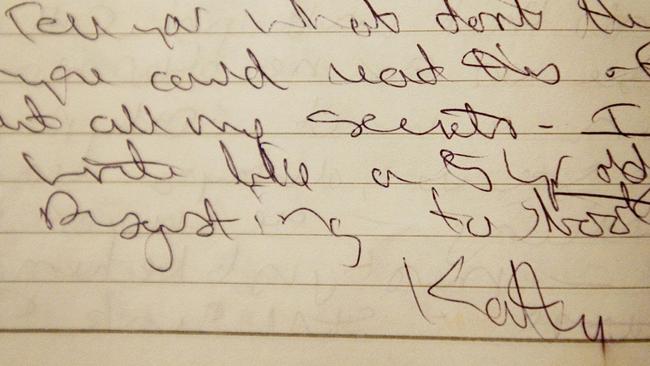
The inquiry heard evidence from experts in February about new scientific developments that could potentially prove some of her babies died of natural causes linked to a genetic mutation.
Psychological and psychiatric experts also told the inquiry about how Ms Folbigg’s diaries written before her arrest in the late ’90s had been misinterpreted during the 2003 trial in a bid to prove her guilt for killing the children.
Prosecutors had used her own written words against her during the 2003 trial to argue Ms Folbigg had admitted to killing her children when writing about their deaths in the diaries.
But as the inquiry was told, those interpretations were misplaced.
The diaries used against her
Ms Folbigg’s original trial involved the prosecution classifying the diary entries, which discussed her struggles with motherhood, as an “admissions of guilt”.
In one entry, penned on February 17, 1997, just after Laura was born, Ms Folbigg wrote about her fourth child: “One day it will leave. The others did, but this one’s not going in the same fashion. This time I’m prepared and know what signals to watch out for in myself.”
Ms Folbigg wrote another entry about Laura in late 1997: “She’s a fairly good natured baby, thank goodness, it will save her from the fate of her siblings. I think she was warned.
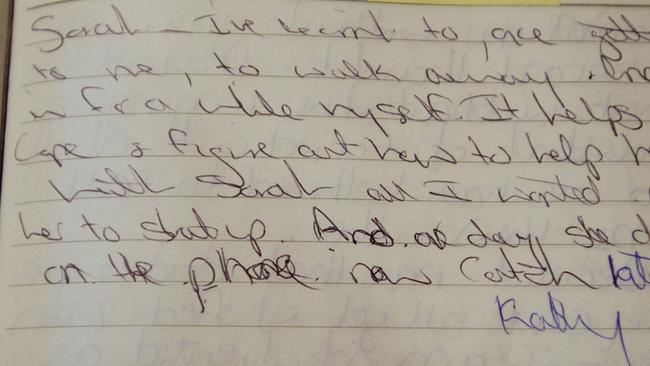
Ms Folbigg had written several times in the diaries about how she was responsible for her children “leaving” her.
Another entry read: “All I wanted was to shut her up and one day she did.”
Those diary entries had been used by prosecutors to suggest to the jury in 2003 that Ms Folbigg was responsible for their deaths.
The prosecution case against Ms Folbigg also argued that her lack of remorse about her children’s deaths in her diaries was suspicious.
She had in some circumstances written more about her efforts to get fit and healthy instead of writing about how sad she was after her children died, they’d argued.
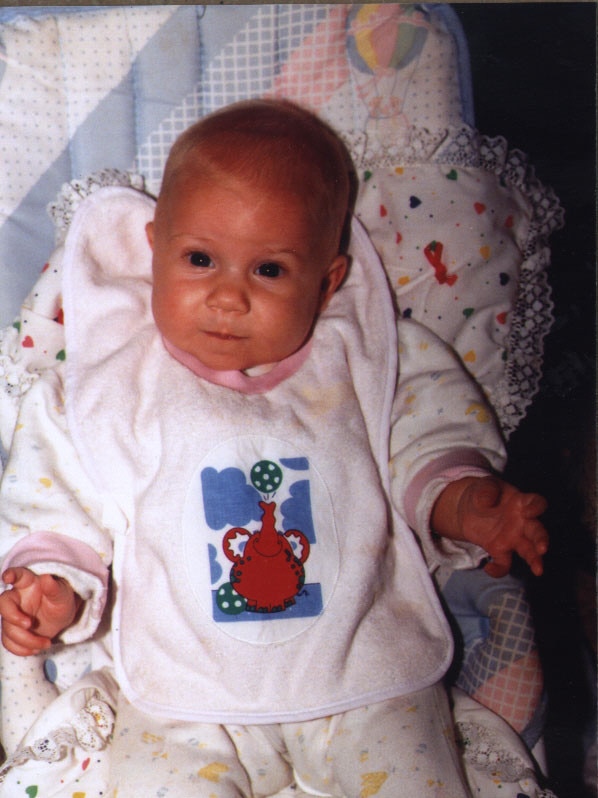
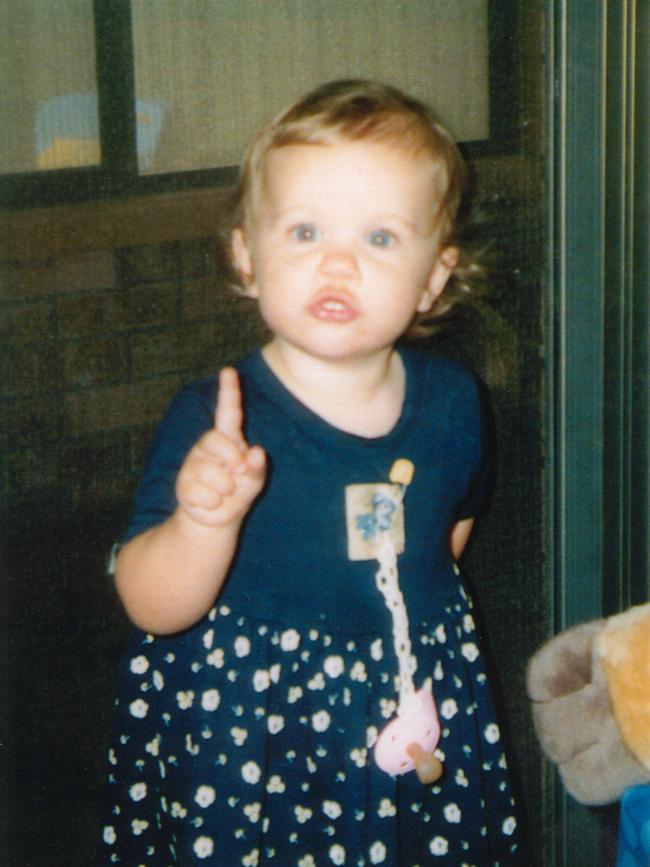
Forensic psychologist Patrick Sheehan told the inquiry he accepted it was “possible” the trauma Ms Folbigg was experiencing when referencing her children’s deaths was because she had murdered them.
But he said there had been a “singular interpretation” of her diary entries identified during the 2003 trial.
He told the inquiry he had found another alternative interpretation of the diaries, one where Ms Folbigg was trying to process the deaths in her own way and different from how many others might grieve.
A different way to grieve
Mr Sheehan said he found Ms Folbigg “circumvents” her grief by jumping straight to other matters, like exercising.
“I think she has an alternative hypothesis with why her children would leave her,” Mr Sheehan said.
“It’s to deal with her own badness or something she’s carried on through her terrible childhood or the sins of her father or failings as a mother.
“That’s a repeated theme in the diaries as well.
“It also fits in with her grieving, with her approach to grieving, with her shutting down.
“You would imagine that a natural response would be to (wonder) ‘why does this keep happening, why have I lost one baby after another’?
“That’s part of grief process … but because she circumvents grief and moves straight to thinking about other things and not wanting to process, that is consistent with other things.”

Mr Sheehan said he came to his hypothesis after trying to “stay away from the ultimate conclusion” that she had been found guilty of murder and manslaughter.
“I understand why an investigator would look through that diary and seize on several of those (entries),” he said.
“I think there’s the statements that are jarring and it gets your attention, but if you look more fully through her psychology and the literature, there seems to be a better explanation from where I sit.
“I think if you assume Ms Folbigg murdered her children, then that’s how you would interpret (the diary entries), but if you don’t assume she murdered her children, I don’t think that’s how you would interpret (them).”
Mr Sheehan said he interpreted the diaries in a way that showed Ms Folbigg believed she was being punished by “external forces” and blamed those reasons on why her babies died.
He suggested Ms Folbigg likely had a mood disorder and suffered from “avoidant characteristics” of trauma psychotherapy and she “circumvented grief”.
“It’s noticeable in the diaries (she goes from writing about) a terrible loss, to going to the gym and losing weight and thinking about ‘our future together’, which is normal for people coming out of grief (to consider), but she seems to go straight there,” Mr Sheehan said.
“This is a formulation as well; this is my understanding reading all the material and analysing it and that’s my hypothesis as to what has happened and why she’s responded that way.”
A misinterpretation of guilt
A range of experts who analysed the diaries since the trial also told the inquiry they found they couldn’t accept the “admissions of guilt” conclusion the police had come to in 2003.
Psychiatrist Yumna Dhansay went as far as to say Ms Folbigg’s diaries “do not contain any admissions of guilt” and “should be interpreted as having been written by a grieving mother”.
Dr Dhansay said through her interpretation of the diaries, she had understood Ms Folbigg had been referring to “God or some higher power” who took her daughter from her.

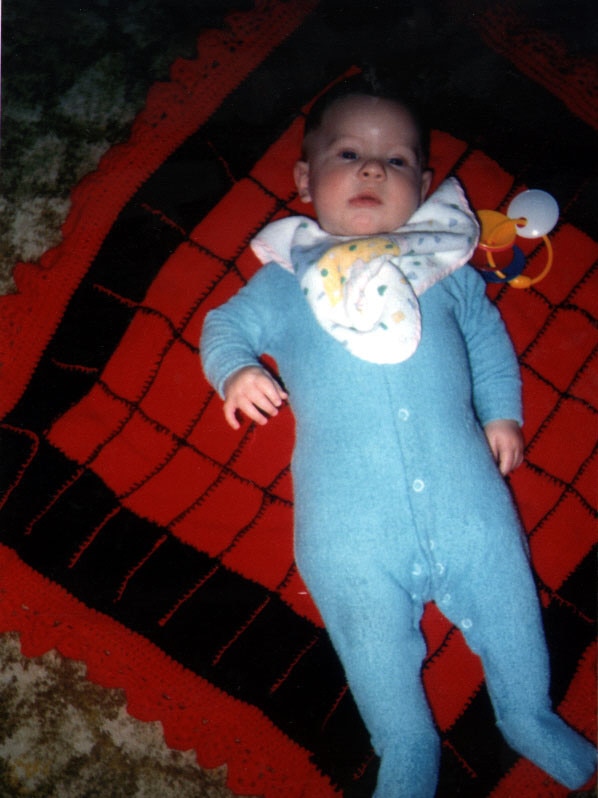
However, Dr Dhansay did accept the sentence could be interpreted as an admission of guilt but said if Ms Folbigg had killed her children, she would have expected her diaries to be “more emotionally laden”.
“I think it’s quite common when there’s death or loss that people try to find an explanation,” Dr Dhansay said.
“If she got to the point where she was so stressed or so angry or exasperated that she went so far to actually kill a baby, I would expect to see a reactivity to that emotion in the way she wrote, but I don’t see it there.”
Forensic psychiatrist Kerri Eagle told the inquiry the diary entries didn’t reflect the “full context” of Ms Folbigg’s feelings at the time she wrote in them in.
“The diaries just reflect a stream of consciousness and type of thought that may or may be fragmented or not fragments and is influenced by her fluctuating mental state at the time,” Dr Eagle said.
She said she had diagnosed Ms Folbigg with a major depressive order after examining interviews and the diaries for the inquiry.
Dr Eagle said while it was “very difficult” to determine Ms Folbigg’s exact state of mind from a psychological point of view when interpreting the diaries without having spoken to her directly, she could identify the mother of four was experiencing maternal grief.
Dr Eagle said the diaries showed clear signs Ms Folbigg was experiencing maternal grief in “almost every piece of information” she read.
“She may not have been grieving in a way certain people felt was acceptable or appropriate or conventional, but she certainly seemed to show … striking hallmarks of a person who was grieving for her children,” she said.
Dr Eagle referenced how Ms Folbigg had become “upset and distressed” when she was asked during the first inquiry about her children’s deaths.
“She described (in the diaries) being hopeless, responsible, helpless, having difficulty sleeping, trying to rationalise what happened to the children and try to rationalise to herself where they’d gone,” Dr Eagle said.
Originally published as Kathleen Folbigg’s diaries belonged to a ‘grieving, depressed mother’, inquiry finds





